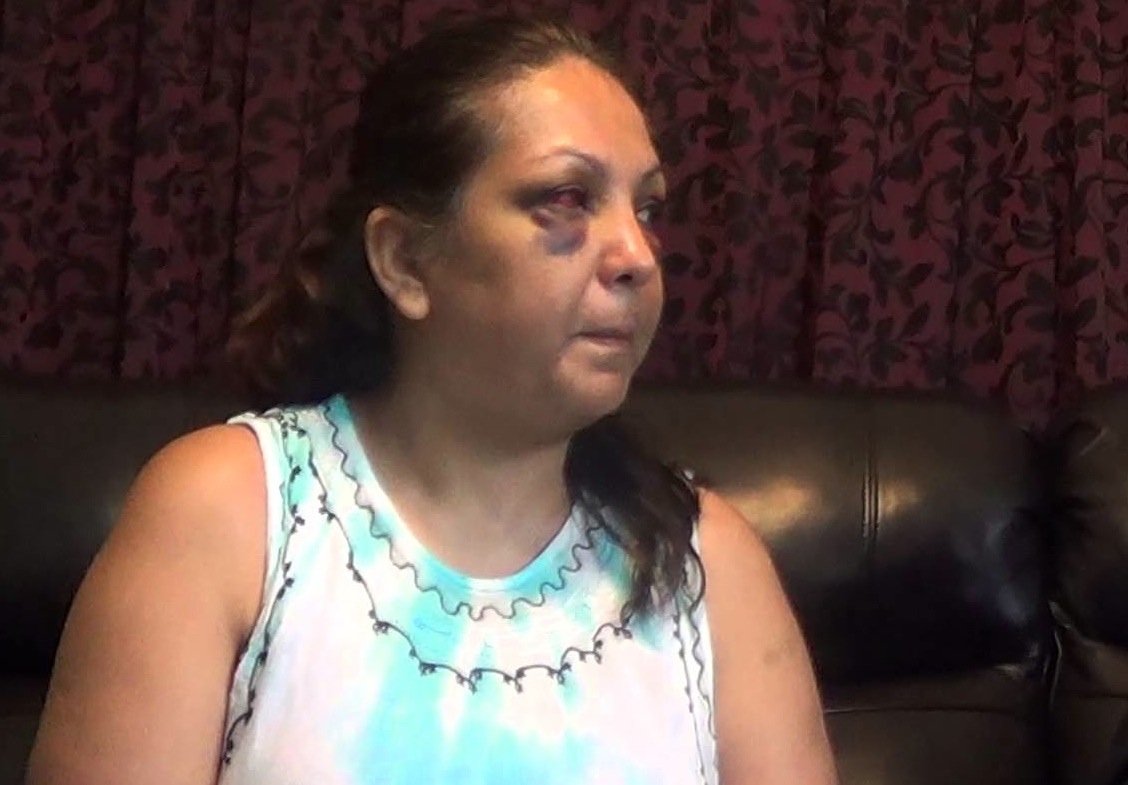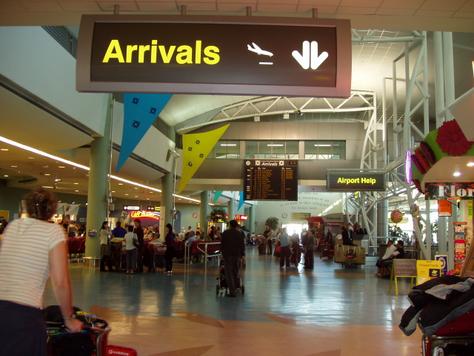Category: Work Abroad
-
Chinese migration agent’s OZ licence culled
•
Australia’s immigration authority has cancelled the licence of a Chinese immigration agent, following “a number of complaints about applications for protection visas”. The Sydney-based migration agent failed in her bid to have a decision to cancel her registration overturned, with the Administrative Review Tribunal (AAT) confirming the decision by the Office…
-
NZ, India two ends of a book – Peter Dunne
•
“Two ends of a book’, is how New Zealand’s Minister of Internal Affairs described the ties between India and New Zealand. Minister Peter Dunne, while was speaking at India New Zealand Business Council’s seminar, ‘Business Beyond Barriers’, reiterated the need for increased economic, cultural and sporting ties between the…
-
Uphold migrant workers’ rights, UN urges
•
The United Nations experts have appealed to all countries to sign up to a landmark treaty on the rights of migrant workers that came into force some 10 years ago. Forty-seven countries have ratified the treaty but that number is far too low given the abuse and exploitation that…
-
NZ employers look to new Kiwis to bridge skills gap
•
As skills shortages increasingly impact on New Zealand businesses, employers are looking for new ways to find great people to meet their needs. Many are now looking to newcomers and returning Kiwis who bring the powerful combination of international work experience, qualifications and experience gained from working offshore,…
-
NZ ranked world’s most socially advanced country
•
New Zealand is the most socially advanced nation in the world according to a global index published by US-based nonprofit, the Social Progress Imperative, and released at the 2014 Skoll World Forum on Social Entrepreneurship. New Zealand topped the rankings across a wide range of measures–according to the Social Progress…
-

Indian group takes to streets for safety awareness
•
Following crime incidents targeting Indians in New Zealand, community leaders Kanwaljit Singh Bakshi and Claudette Hauiti are organising a walk on 7 March to “Claim Back Safe Streetsâ€. The walk for “safer communities” will be followed by an event behind Auckland’s Papatoetoe Library to raise awareness. Papatoetoe witnessed a vicious…
-
For our vote, heed our voice – ethnic group
•
New Zealand’s political parties are being urged to listen to migrant and ethnic communities if the parties want their votes in the upcoming general election. The suggestions comes from New Zealand Federation of Multicultural Councils (known as Multicultural New Zealand), which launched its 2014 election policies at its national council…
-
Canada culls Immigrant Investor program
•
The Citizenship and Immigration department of Canada has decided to government’s terminate its Immigrant Investor Program (IIP) and Federal Entrepreneur (EN) Program. Under the IIP, an immigrant is guaranteed permanent residence in Canada in exchange for a guaranteed $800,000 loan (before 2010, the amount was only $400,000). In comparison, the…
-

Indian gay couple gets asylum in US
•
One country’s loss is another country’s gain. A recent landmark judgement by India’s supreme court – reinstating criminal status for homosexuality – is likely to force its gay population to leave the country fearing persecution and prosecution. One such case is of Sukhwinder Sukhwinder and his partner Jagdish Kumar. In…
-

Ex-immigration lawyer charged for fraud
•
Richard James Martin has been charged with providing immigration advice without being licensed. New Zealand’s Immigration Advisers Authority has brought four charges against the former immigration lawyer in Auckland’s the North Shore District Court following an investigation. Richard of Richard Martin Immigration Limited, was charged under the Immigration Advisers Licensing…
-

Indian visa applicants unfairly treated by NZ
•
Close to 500 visa applications from Indian couples declined by Immigration New Zealand will be re-assessed, following complaints to the Ombudsman. The immigration authority had wrongly turned down the visa applications of the partners of Indian migrants, the Ombudsman found. The investigation was caused by 14 complaints against Immigration NZ’s…
-

NZ agriculture needs skills to harvest
•
Despite long being New Zealand’s most profitable industry, agriculture continues to have difficulties attracting the manpower it needs to preserve its place at the forefront of global innovation and productivity. According to those involved in the industry, the issue is not one of economic viability, as agriculture continues to produce…
-

Australia celebrates 65 years of citizenship
•
Australia’s Channel 10 personality and Spanish celebrity chef Miguel Maestre is among the new Australians who received Australian citizenship today. Miguel says he is becoming an Aussie because of his Australian-born two-year-old daughter. Also receiving citizenship were Egyptian-born pharmacists, Bahar Derias and Ereny Ghabrial and their 11-year-old triplets, Andrew, Marian…
-

4 mistakes of a business traveller
•
Travelling with a work colleague? Lisa Holland warns of these common mistakes to avoid. Business trips excite almost every young professional who has just started the job and is profoundly dedicated in making a successful career out of it. Official tours may be for trainings or meetings, may it be…
-

Dos And Don’ts For A Successful Job Interview
•
Being a graduate, I have spent countless hours in university careers events being given guidance on how to be the perfect interviewee. They tell you the obvious tips such as “always ask questions†but, from my first-hand experience I have decided to compile a few of my own hints, tips,…
-

Will NZ migration to UK grow?
•
London is keen to have more Kiwis come and stay longer. But probably the view is not shared by the rest of the UK. During the New Zealand Prime Minister’s recent visit to the UK, the mayor of London supported a possible bilateral trade that may allow skilled Kiwis to…
-
Immigration scam exposed in New Zealand
•
An immigration fraudster in New Zealand faces a possible jail term after an investigation by the Immigration Advisers Authority uncovered a $100,000 immigration scam. Tengyu (Nick) Yuan, a New Zealand citizen from Albany, admitted providing immigration advice illegally to six migrants at Auckland District Court. The court heard Tengyu, director of…
-

Live-work apartments launched in Sydney
•
Six affordable live-work apartments are on offer for artists and other creative Sydneysiders as part of the City’s support for the creative community. The apartments, which feature space to live and work, will be part of the city’s new creative hub on William Street in Darlinghurst. Sydney Lord Mayor Clover…
-

Oz restuarant charged over illegal workers
•
A Nando’s restaurant owner in Australia is facing 22 charges for illegally employing foreign students. The students had worked illegally in Anni Kartawidjaja’s Melbourne stores over a two-and-a-half-year period. Five of Anni’s employees have also been charged over their involvement in the scam, according to Australia’s Department of Immigration and…
-
Old Sikh man beaten in US
•
An iron bar was used to viciously attack a fragile Sikh man in his 80s, outside a Gurdwara in the US, in what is suspected to be a hate crime. According to local media reports, Piara Singh, an 82 year-old Sikh man, was severely beaten on 5 May with an…